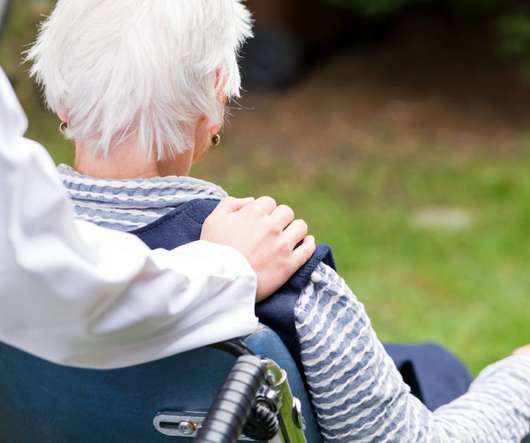Negotiation and Dispute Resolution: A Podcast with Lee Lindquist and Alaine Murawski
GeriPal
DECEMBER 29, 2022
We invited her back along with Alaine to talk about their work around negotiation training, including their work on NegotiAge , an online, AI based training intervention designed to teach negotiation skills to caregivers. . Training Hospitalists in Negotiations to Address Conflicts with Older Adults around Their Social Needs.












Let's personalize your content